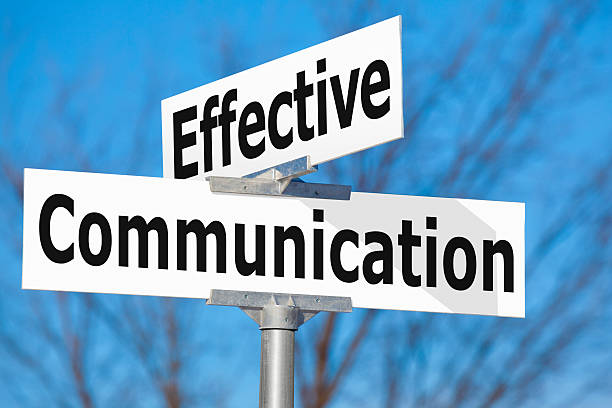Table of Contents
Healthy relationships are essential for our overall well-being. Whether it’s with a romantic partner, family member, friend, or coworker, strong relationships can provide support, companionship, and a sense of belonging. Effective communication and conflict resolution are key components of building and maintaining healthy relationships.

Effective Communication
Effective communication is the cornerstone of any healthy relationship. It involves actively listening, expressing yourself clearly, and understanding the other person’s perspective. Here are some tips for effective communication:
- Active Listening: Pay attention to what the other person is saying without interrupting. Show that you are listening by making eye contact, nodding, and using verbal cues like “I understand” or “Go on.”
- Be Clear and Concise: Express your thoughts and feelings clearly and concisely, avoiding ambiguity or vagueness.
- I Statements: Use “I” statements to express your feelings and avoid blaming the other person. For example, instead of saying “You never listen to me,” say “I feel hurt when I don’t feel like you’re listening.”
- Seek Clarification: If you’re unsure about what the other person is saying, ask clarifying questions. This will help prevent misunderstandings.
- Validate the Other Person’s Feelings: Acknowledge and validate the other person’s feelings, even if you don’t agree with their perspective.
- Avoid Assumptions: Don’t make assumptions about the other person’s intentions or feelings.
- Practice Empathy: Try to see things from the other person’s perspective and understand their point of view.

Conflict Resolution
Conflict is a natural part of any relationship. The key is to resolve conflicts constructively and peacefully. Here are some tips for effective conflict resolution:
- Stay Calm: Avoid raising your voice or getting defensive. Take deep breaths and try to remain calm.
- Choose the Right Time and Place: Avoid discussing sensitive topics when you’re tired, stressed, or distracted. Choose a time and place where you can have a private and uninterrupted conversation.
- Focus on the Issue: Stick to the topic at hand and avoid bringing up past grievances.
- Avoid Blame: Avoid blaming the other person for the conflict. Focus on finding solutions together.
- Compromise: Be willing to compromise and find solutions that work for both parties.
- Seek Help if Needed: If you’re struggling to resolve a conflict on your own, consider seeking help from a mediator or counselor.
Building Strong Relationships
In addition to effective communication and conflict resolution, there are other factors that contribute to healthy relationships:
- Trust: Trust is the foundation of any healthy relationship. Be honest and reliable, and keep your promises.
- Respect: Treat each other with respect, even when you disagree.
- Support: Be there for each other during good times and bad.
- Shared Values: Having shared values and goals can help strengthen a relationship.
- Quality Time: Make time for each other and spend quality time together.

Conclusion
Building and maintaining healthy relationships takes effort and commitment. By practicing effective communication and conflict resolution, you can foster stronger bonds with your loved ones and improve your overall well-being. Remember, strong relationships are built on trust, respect, and a willingness to work through challenges together.

